In the first week since COVID-19 was designated a pandemic, requests for food pantries skyrocketed across the United States. Requests for home-delivered meals more than tripled in the same time period, said a Brown School researcher who tracks calls to 2-1-1 help lines across the U.S.

Matthew Kreuter, the Kahn Family Professor of Public Health at Washington University in St. Louis, and his team day-to-day track requests for hundreds of needs, as captured by 2-1-1 help lines across the country. They compared the number of requests received by 2-1-1s in 21 states and cities from March 12-18 to the same seven days in 2019.
“In all 21 locations, requests for food pantries were much higher in the last week, often 2-4 times higher than the same week last year. Requests for home-delivered meals were higher in all but one location,” said Kreuter, senior scientist at the university’s Health Communication Research Laboratory, which developed 2-1-1 Counts, the first tool to provide real-time, searchable and visual presentations of data from 2-1-1 call centers across the country.
“The size and suddenness of these increases is striking,” Kreuter said. “People need help feeding their families, and local agencies need help keeping pace with the higher demand.”
2-1-1 is a free and confidential service that helps people across North America find the local resources they need 24 hours a day, seven days a week, in most communities. Each year, 2-1-1s receive 16 million requests, not only seeking emergency services, but also basic needs such as food, shelter and clothing.
Data tracked by 2-1-1 Counts can be searched and displayed by date, county, congressional district and more.
Kreuter’s team has established a web page, FOCUS-19, to report new findings daily. Upcoming analyses will examine requests for assistance with housing, utility bills, household goods, income, employment, transportation, health care and other social needs; mapping where the increases in local needs are greatest; and reporting calls specific to COVID-19.
This research is conducted in partnership with Health Communication Impact LLC, United Way and 2-1-1 help lines.
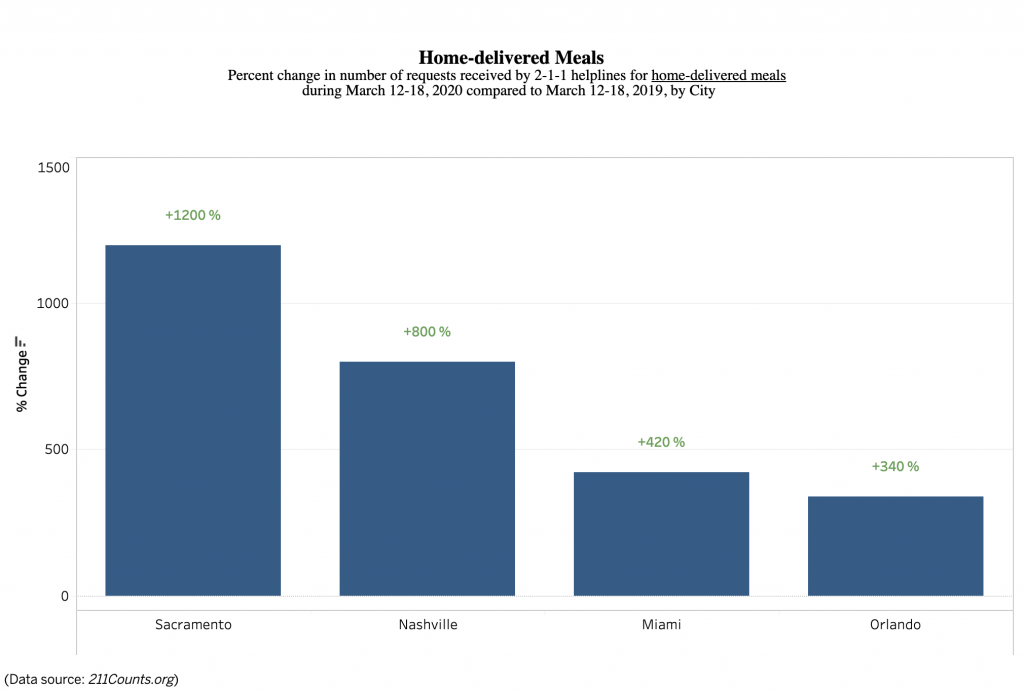
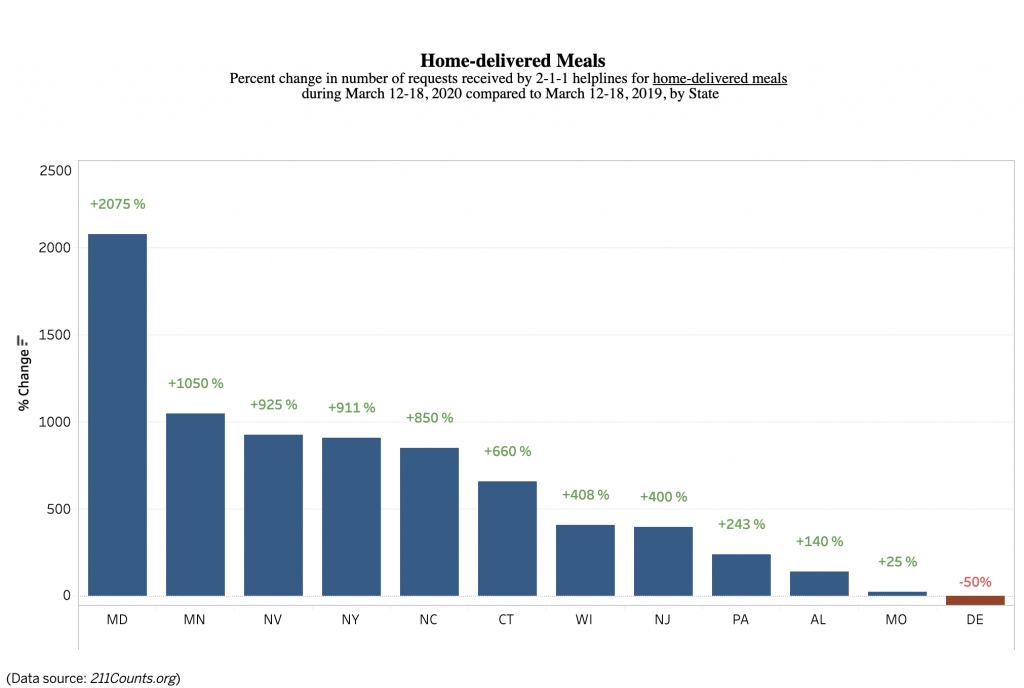
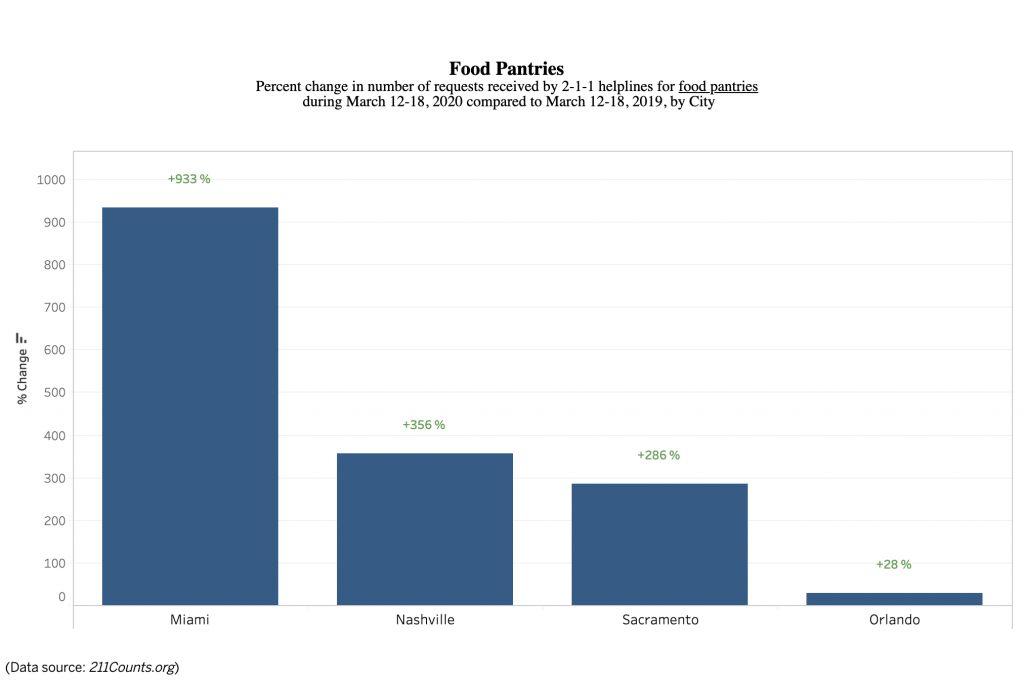
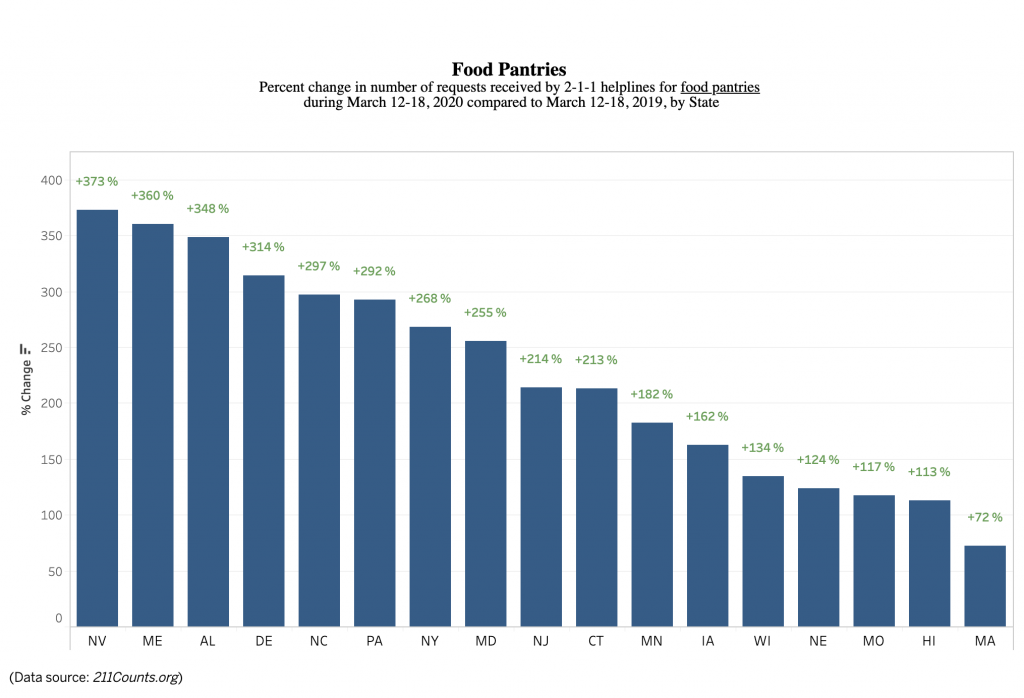
WashU Response to COVID-19
Visit coronavirus.wustl.edu for the latest information about WashU updates and policies. See all stories related to COVID-19.
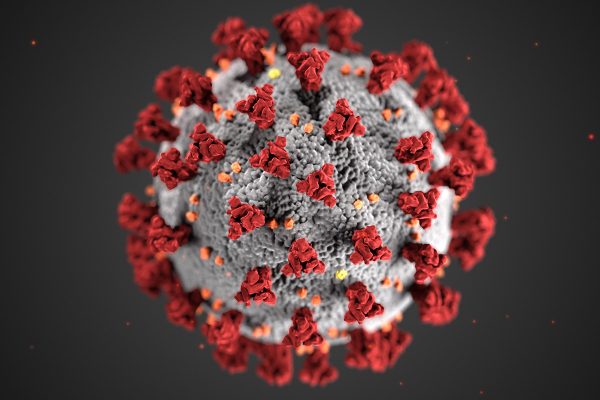
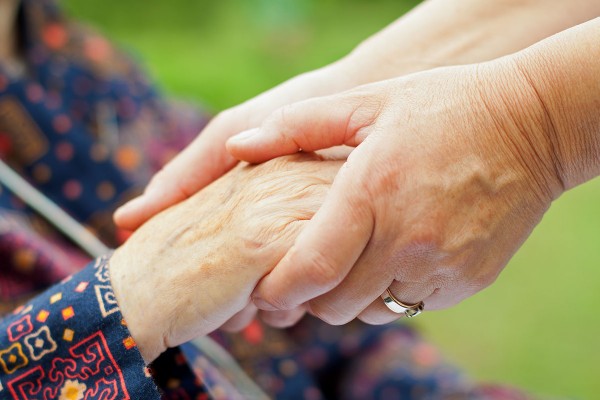

Comments and respectful dialogue are encouraged, but content will be moderated. Please, no personal attacks, obscenity or profanity, selling of commercial products, or endorsements of political candidates or positions. We reserve the right to remove any inappropriate comments. We also cannot address individual medical concerns or provide medical advice in this forum.